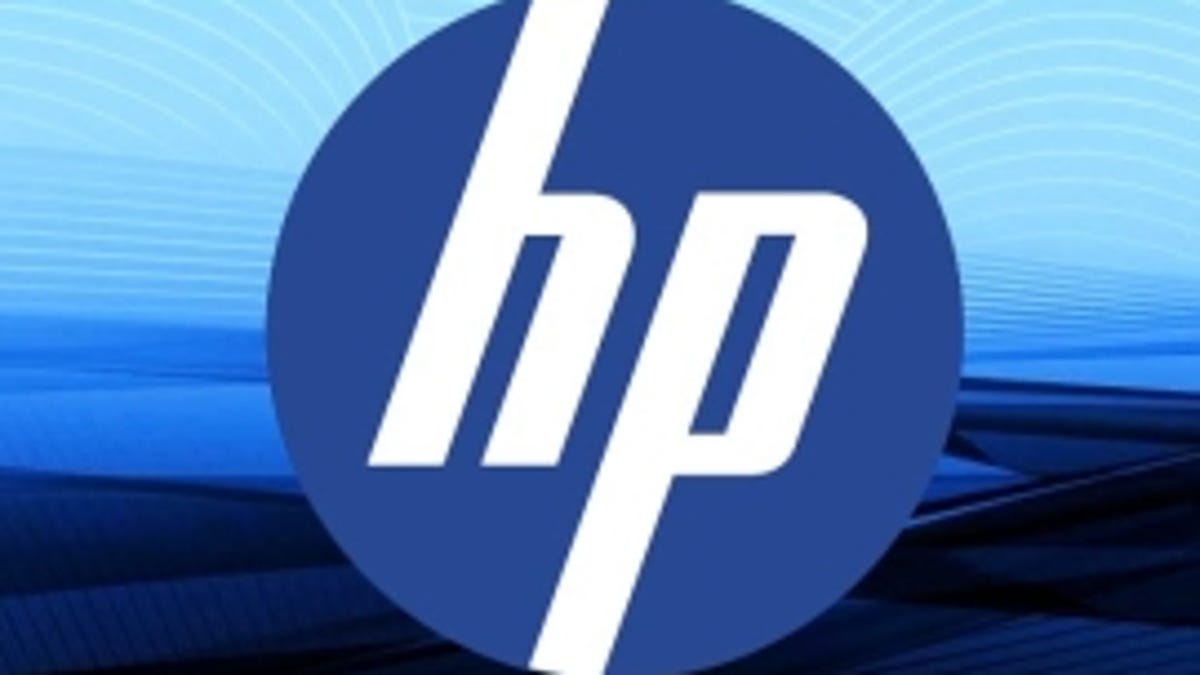HP plans to cut 27,000 jobs, plow savings into R&D
The cuts are part of a major overhaul for the company as it looks to trim costs and restart its guttering spirit of innovation.

Hewlett-Packard said today it would eliminate 27,000 jobs as part of CEO Meg Whitman's plan to restructure the bellwether technology giant and cut costs.
The job cuts represent 8 percent of HP's work force, and would be completed by the end of fiscal 2014, the company said today.
In addition, HP will reduce expenses by streamlining its supply chain, narrowing its product portfolio, simplifying its market strategy, and improving its standard business practices. The cuts are expected to generate savings of $3 billion to $3.5 billion after fiscal 2014. The savings will be reinvested in the company, HP said.
The cuts are necessary given HP's lagging productivity. Most of the savings will go back to R&D. Today, 3 percent of sales goes into R&D. Once the savings kick in, HP will see a rise to 5 percent of revenue, assuming revenue remains constant.
HP is in uncertain waters after its former CEO, Leo Apotheker, attempted to transform the business into an enterprise-only operation during his short tenure. Whitman opted to keep the consumer business, but has now put her own stamp on the business with the dramatic cuts.
Whitman seems to realize the obvious: job cuts are not a cure-all for HP. HP had a series of chief executives who failed to future-proof the company. HP has jettisoned more than 75,000 jobs over the past decade and again resorts to a band-aid solution to a broken limb problem.
So where will the money go? HP said it will make the following R&D bets:
- Services will invest in cloud, analytics, and high-value delivery.
- Software will invest in analytics, big data, application management, and security.
- The servers, storage, and networking unit will bet on cloud and big data technologies.
HP is already doing this sort of thing, so we have to assume that the company will step up its current efforts. HP will also invest in marketing and sales productivity to enable a streamlined experience for future business with the company. HP will take a charge of $1.7 billion in fiscal 2012 to restructure and another $1.8 billion through 2014.
Over the past decade, HP has become bloated from a spate of acquisitions and now is dealing with the hangover. HP's direction was all over the place and in an attempt to compete with its rivals on a number of fronts, it failed on most of them.
"While some of these actions are difficult because they involve the loss of jobs, they are necessary to improve execution and to fund the long-term health of the company," Whitman said in a statement today.
If you look at operating profit per employee across other tech giants, both Apple and IBM rest at $49,000, with Dell close behind at $48,000. HP, which retains the PC building top spot over Dell, comes in at a lowly $35,000. HP has to lower that ratio, which means laying off vast swaths of employees.
Under former Chief Executive Mark Hurd's tenure, HP chopped around 50,000 jobs in five years. When Leo Apotheker sat in the driver's seat, the board approved a respite plan, despite having recently approved Hurd's deep cuts. Apotheker was booted out less than a year later, and now Whitman is back to making job cuts.
It's worth noting that HP has shed more than half of its stock price since Hurd's resignation in August 2010. That's cost HP more than half of its market cap, which has dropped from $107 billion in the third quarter of 2010 to $41.3 billion at market close today.
HP has missed a few market curves -- notably smartphones and tablets -- and left the company tethered to PCs and printers. Summer demand for PCs will be slow. HP has the October-January period in the bag with the launch of Windows 8, but analysts have already warned that the initial uptake to the forthcoming operating system may cut PC sales short on last year's figures.



